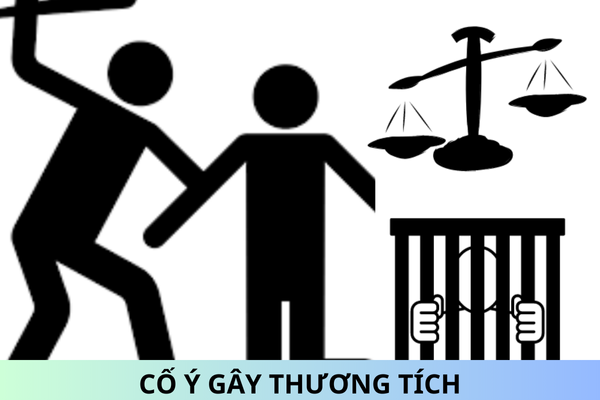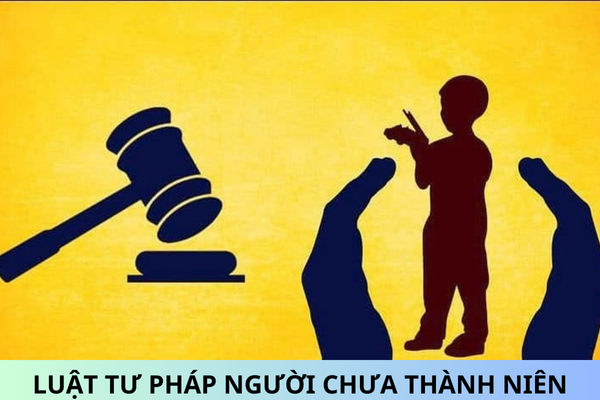Hearing Session to Decide on the Exemption of Residence Ban and Surveillance Period by the Court: Procedures and Implementation
How is the meeting to consider and decide on the exemption of the residence ban and surveillance period conducted by the court?
In Clause 1, Article 15 of Joint Circular 04/2021/TTLT-TANDTC-VKSNDTC-BCA-BQP, regulations on the meeting to consider and decide on the exemption of the remaining residence ban and surveillance period by the court are specified as follows:
- The Court organizes a meeting to consider and decide on the exemption of the remaining residence ban and surveillance period in accordance with Clause 2, Article 110, and Clause 2, Article 117 of the Law on Execution of Criminal Judgments. At least 03 days before the meeting, the Court must notify in writing the procuracy at the same level to appoint a prosecutor to attend the meeting. In case the appointed prosecutor cannot attend the meeting, the procuracy must appoint another person to participate.
If additional documents are needed or the documents are unclear, the presiding judge of the meeting will request the district-level criminal enforcement agency to supplement or clarify the unclear documents. This request document is simultaneously sent to the procuracy of the same level for information. Within 03 working days from the date of receiving the Court's request, the agency proposing the exemption of the remaining residence ban and surveillance period must send the additional or clarified documents to the Court and the procuracy at the same level as the Court.
What are the procedures for considering the exemption of the remaining residence ban and surveillance period?
In Clause 2, Article 15 of Joint Circular 04/2021/TTLT-TANDTC-VKSNDTC-BCA-BQP, regulations on the procedures for considering the exemption of the remaining residence ban and surveillance period are as follows:
- Procedures for considering the exemption of the remaining residence ban and surveillance period
a) The presiding judge opens the meeting, introduces the composition of the Council, the prosecutor attending the meeting, and the secretary of the meeting.
b) A member of the Council presents the dossier proposing the exemption of the remaining residence ban and surveillance period.
c) The prosecutor presents the views of the procuracy on the exemption of the remaining residence ban and surveillance period by the proposing agency and the compliance with the law in considering the exemption of the remaining residence ban and surveillance period.
d) The Council discusses and decides.
Sincerely!










